
Can.cer Doesn’t Strike Randomly — It Specifically Targets These 3 High-Risk Groups
Can.cer Doesn’t Strike Randomly — It Specifically Targets These 3 High-Risk Groups
No matter which group you fall into, timely action is crucial to protect yourself from can.cer risks.![]()
According to the World Health Organization (WHO), in 2022, colorectal cancer was the third most common cancer globally, with over 1.9 million new cases. That means one person is diagnosed every 16 seconds. It is also the second leading cause of cancer-related deaths, claiming over 900,000 lives each year.
In Vietnam, colorectal cancer is an alarming issue, with the number of new cases continually rising, especially among young people.
"Colorectal cancer doesn’t attack randomly. It 'favors' those in high-risk groups. That’s why classifying risk levels is key to knowing when to screen and how to act," emphasized Dr. Pham Binh Nguyen, a gastrointestinal specialist at Bach Mai Hospital.
3 High-Risk Groups for Colorectal Cancer
Colorectal cancer risk is generally classified into three levels: low, moderate, and high — each with different screening recommendations.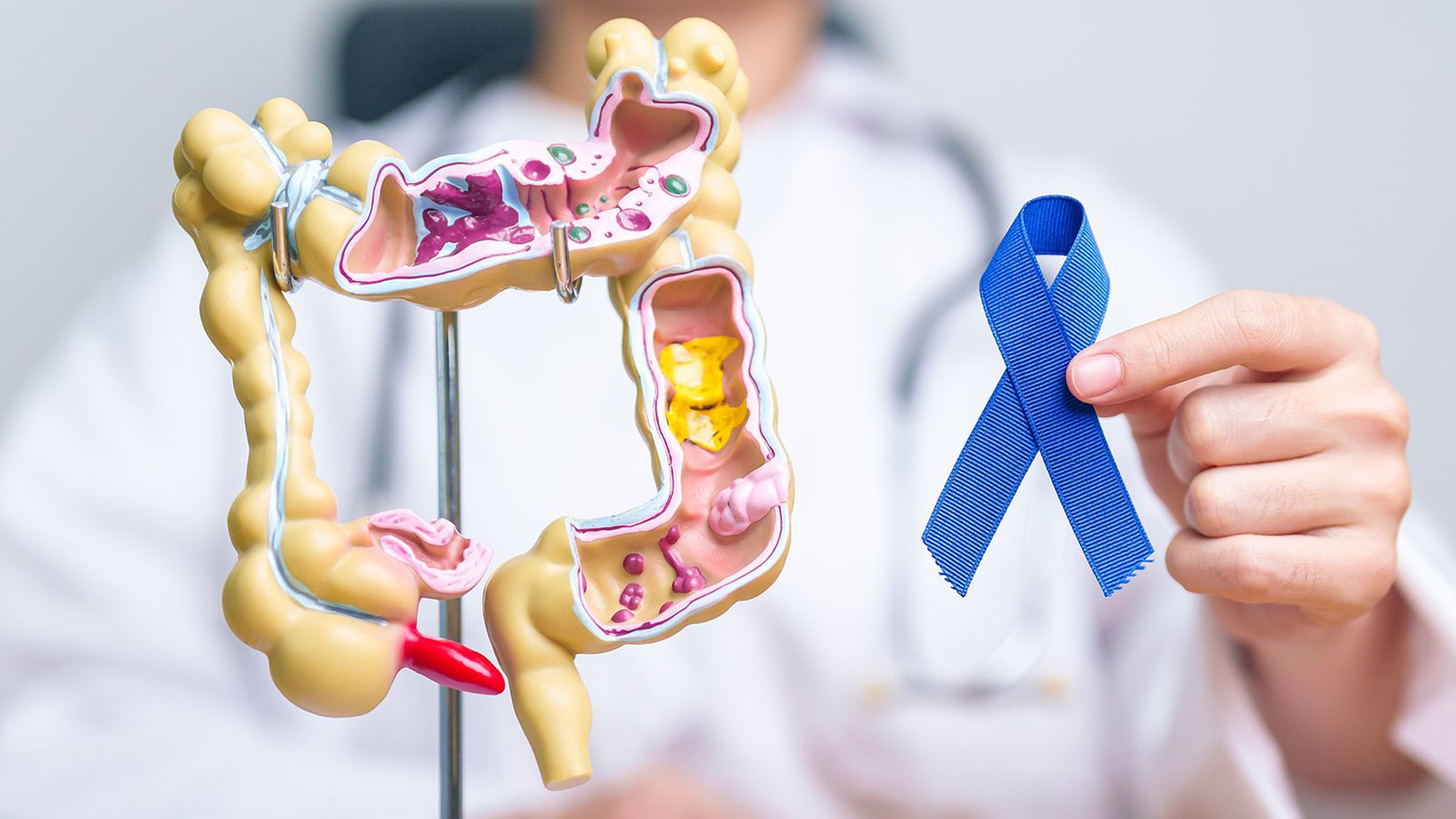
Low-Risk Group
This includes people who:
-
Show no abnormal symptoms (e.g., rectal bleeding, unexplained weight loss, or changes in bowel habits)
-
Have no history of chronic inflammatory bowel disease
-
Have no family members diagnosed with colorectal cancer
However, even those in the low-risk group shouldn’t be complacent. Dr. Nguyen warns that colorectal cancer often develops silently and is hard to detect in early stages without proactive screening. For this group, he recommends:
-
Annual fecal immunochemical test (FIT) from age 45
-
Colonoscopy every 10 years
Moderate-Risk Group
This includes individuals who:
-
Are over 50 years old (risk increases with age)
-
Eat a diet high in red meat and low in vegetables
-
Are physically inactive
-
Experience mild symptoms like abdominal discomfort or occasional changes in bowel habits
For this group, Dr. Nguyen advises caution but not panic. Annual FIT screening is mandatory, and if any abnormalities are detected, a colonoscopy should be done immediately.
High-Risk Group
This includes individuals who:
-
Have family members with colorectal cancer
-
Have had colorectal polyps or previously had colorectal cancer
-
Suffer from chronic inflammatory bowel diseases like Crohn’s or ulcerative colitis
-
Show severe symptoms such as rectal bleeding, rapid weight loss, or unexplained anemia
Dr. Nguyen strongly recommends immediate colonoscopy for this group — no delays.
Reducing the Risk of Colorectal Cancer Isn’t Difficult — If You Take Charge
“To reduce the risk of colorectal cancer, you don’t have to do anything extreme. Just care for your body like you would a tree,” Dr. Nguyen advises.
His tips for prevention include:
-
Eat a healthy diet: Increase intake of vegetables, fruits, and whole grains. Limit red meat and charred grilled foods — these are not “gut-friendly.”
-
Stay active: Just 30 minutes of walking a day can help keep your digestive system running smoothly.
-
Avoid tobacco and alcohol: These are “silent destroyers” that raise your cancer risk.
“Most importantly, everyone should know their risk level to create a personalized health monitoring plan. Don’t give colorectal cancer a chance to strike,” Dr. Nguyen emphasizes.
Proactive screening remains the most effective protection — especially for those over 45 or with a family history. Colonoscopy and FIT are simple, minimally invasive methods that can detect early polyps. Polyps have the potential to develop into cancer, but if removed in time, the risk of progression drops by up to 90%.
News in the same category

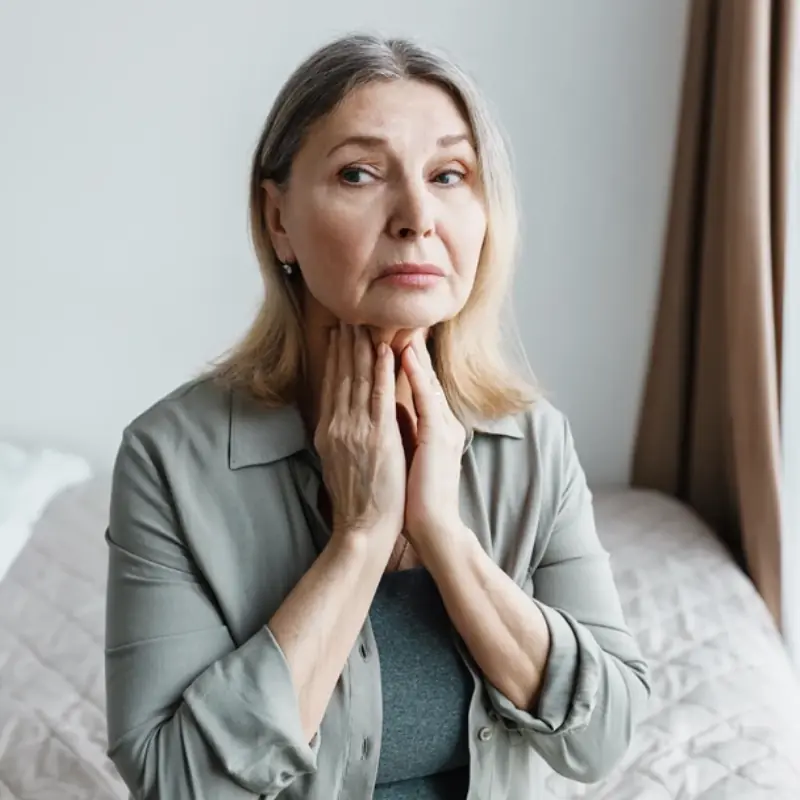
Health Expert Reveals 30-Second Hand Test That Could Uncover a Hidden Brain Condition
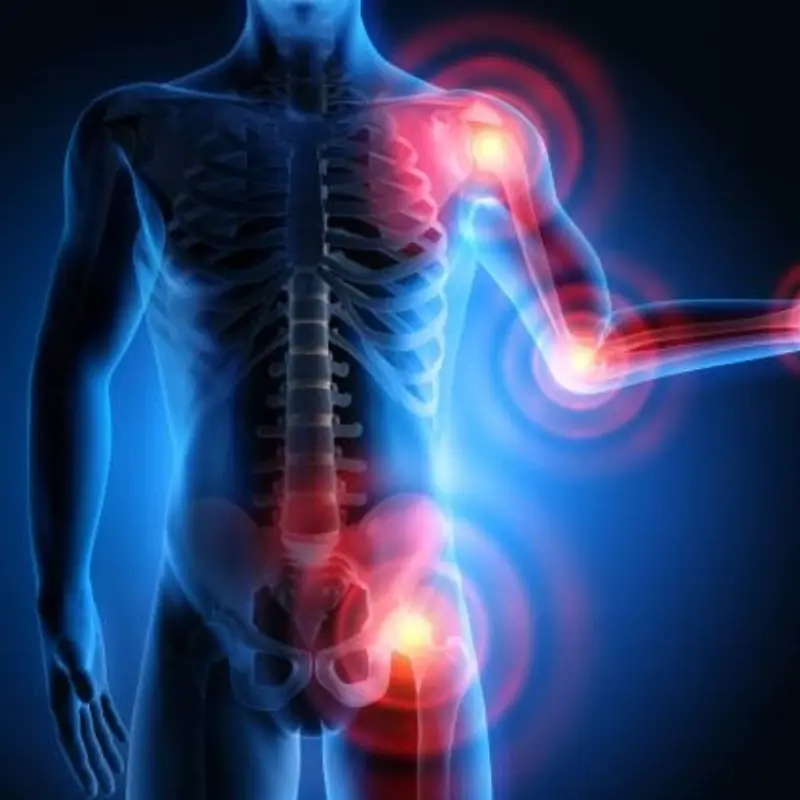
Woman Mistakes Back Pain for an ‘Injury’ — Later Diagnosed with Rare and Deadly Cancer
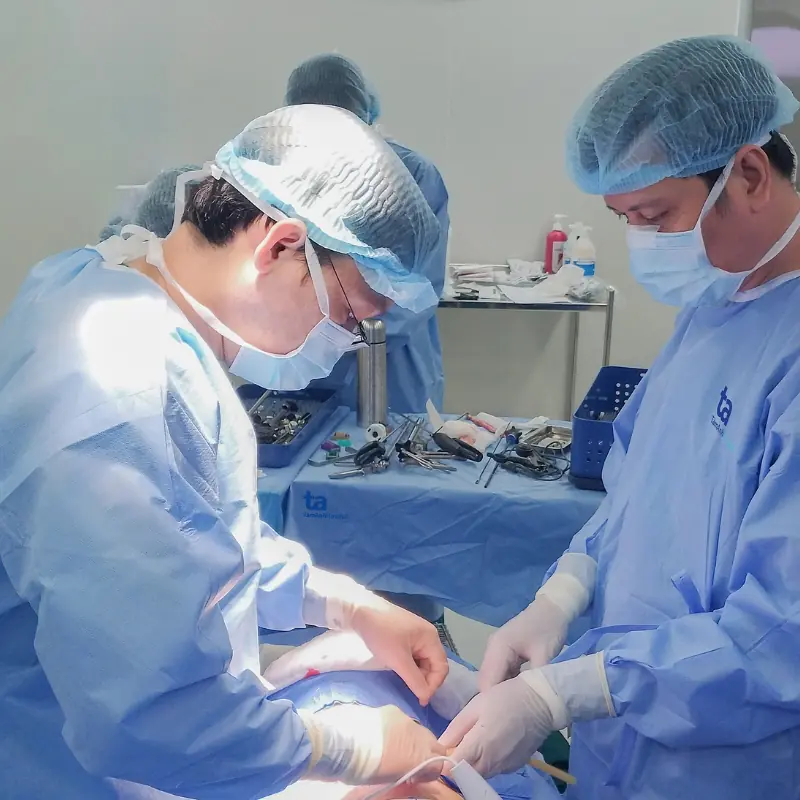
This One Common Habit May Raise Prostate Cancer Risk by 45%, Study Warns

COVID Outbreak Resurges Strongly — Here’s What You Need to Know
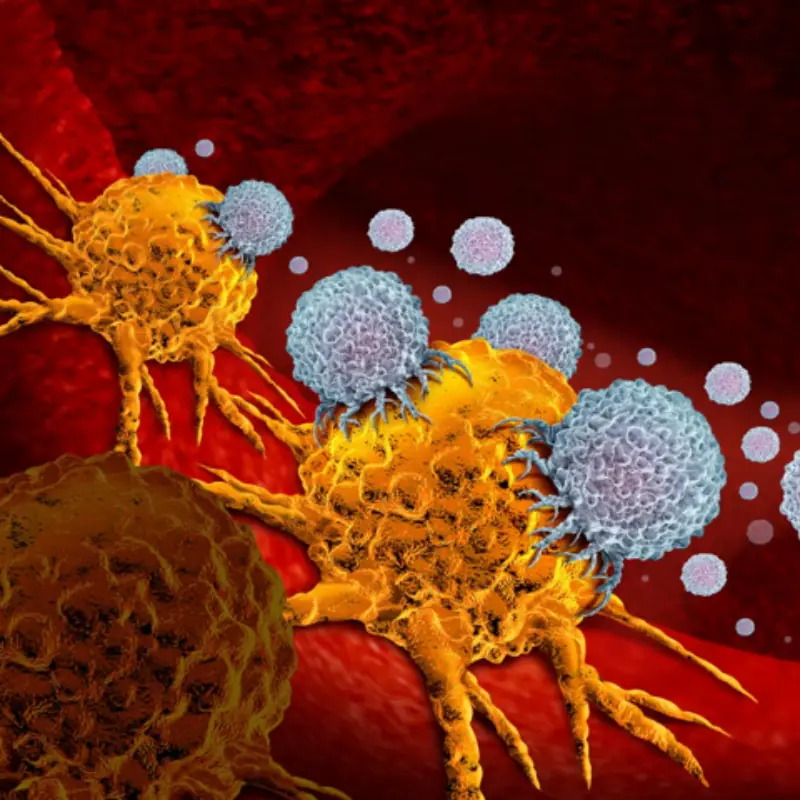
20 Cancer-Fighting Foods You Should Eat Regularly

Doctor Warns About Signs of Transient Brain Ischemia: Don’t Ignore These Subtle Symptoms

Warning: A critical mistake when eating rice could be fatal!

When Buying Pork Blood Pudding, Smart Shoppers Only Need to Check These 3 Points to Instantly Tell If It’s Real or Fake

This “Highly Nutritious” Meat May Raise Heart Disease Risk by 26% — And Also Increase Cancer and Diabetes Risk
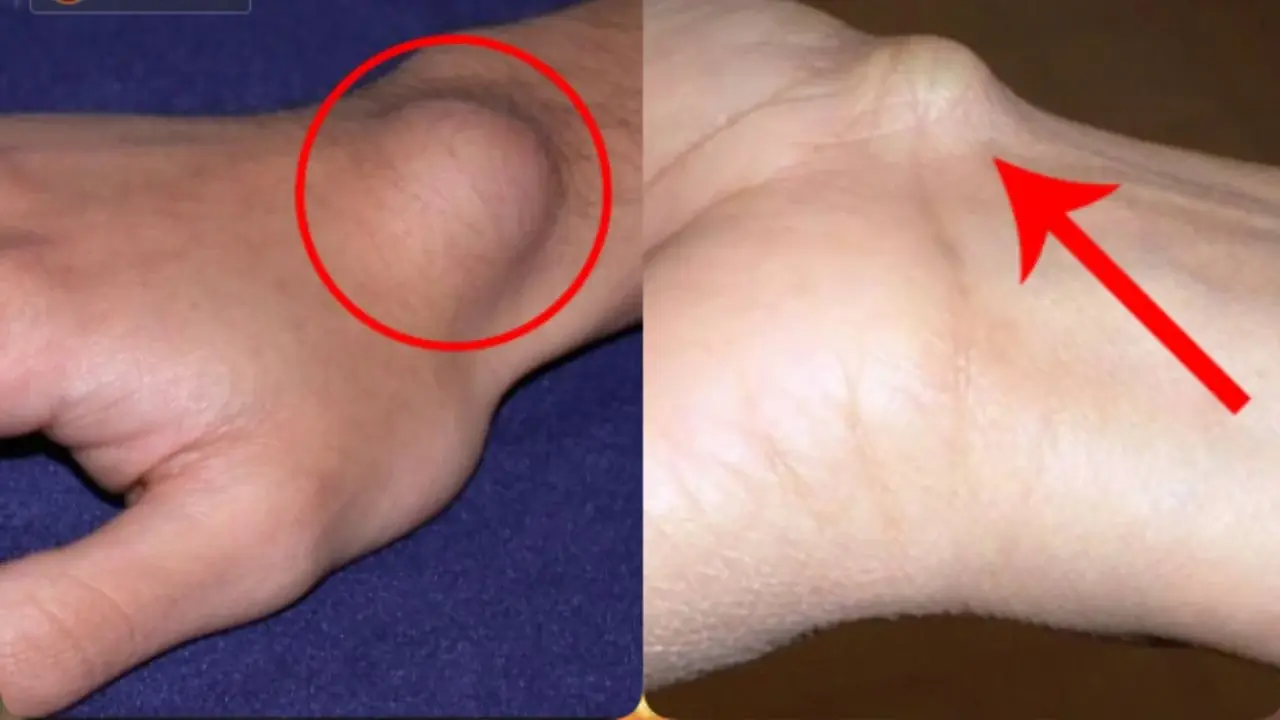
Waking Up With These 4 Morning Symptoms Could Mean can.cer Cells Are Silently Attacking Your Body

Is Moldy Food Still Edible If You Just Cut Off the Mold? Warning Signs Not Everyone Recognizes

Even an Iron Li.ver Can’t Handle These 3 Common Breakfast Habits: Worse Than Skipping Meals!
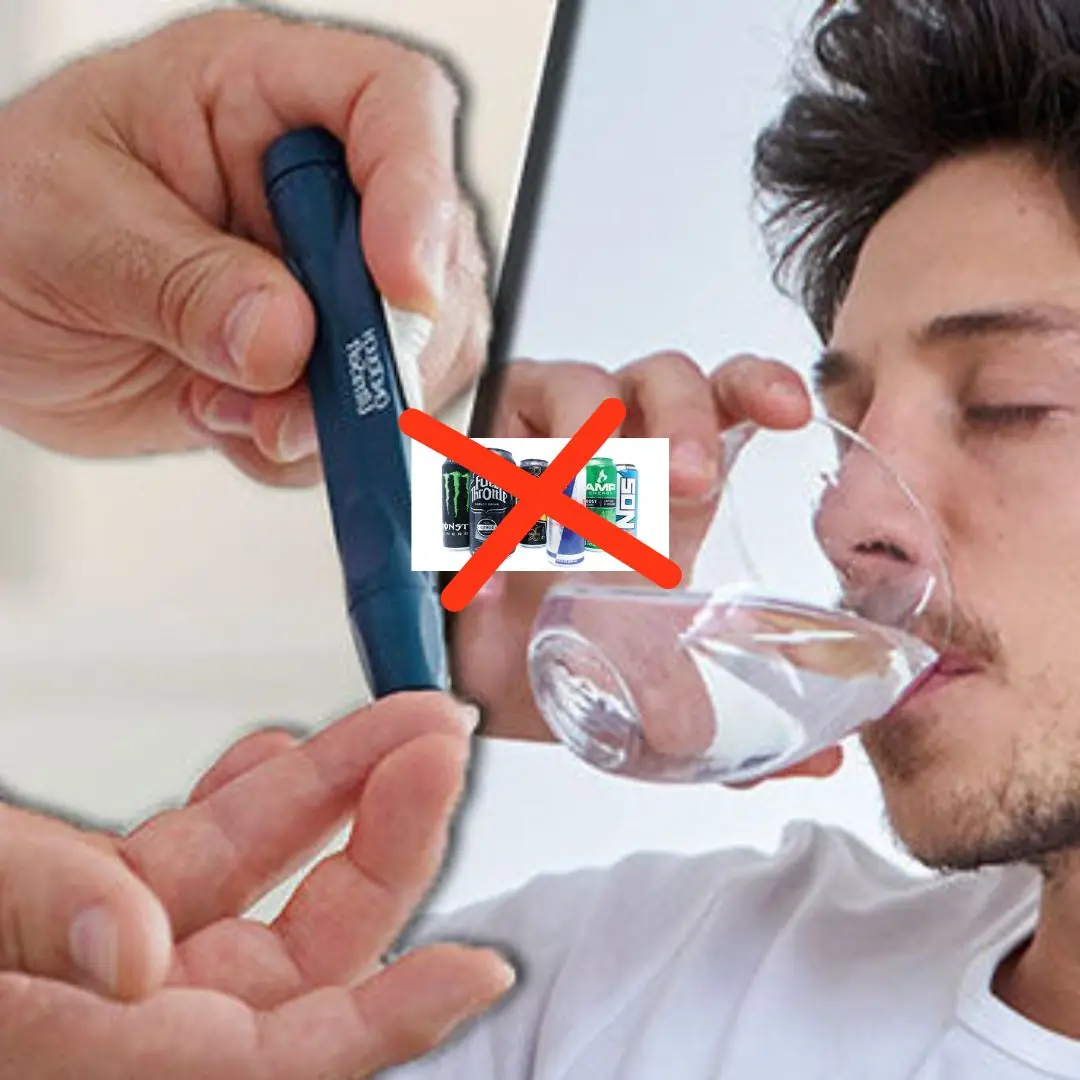
5 types of water that people with diabetes should avoid

What are the symptoms of no.seble.eds and when should you see a doctor?

5 common foods that ha.rm your li.ver
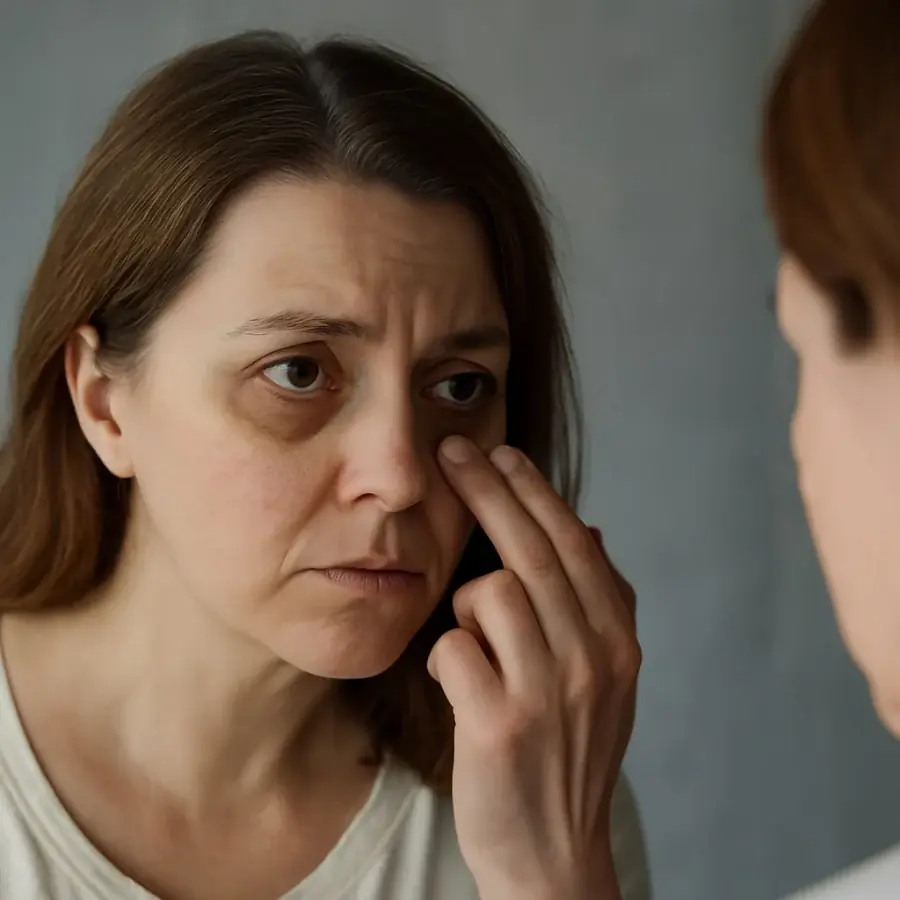
5 Eye Symptoms That May Signal Your Li.ver Is Crying for Help – Women, Don’t Ignore These if You Want to Stay Healthy Every Day

Dried fruit becomes "tonic" Drink water every day to live healthy and long
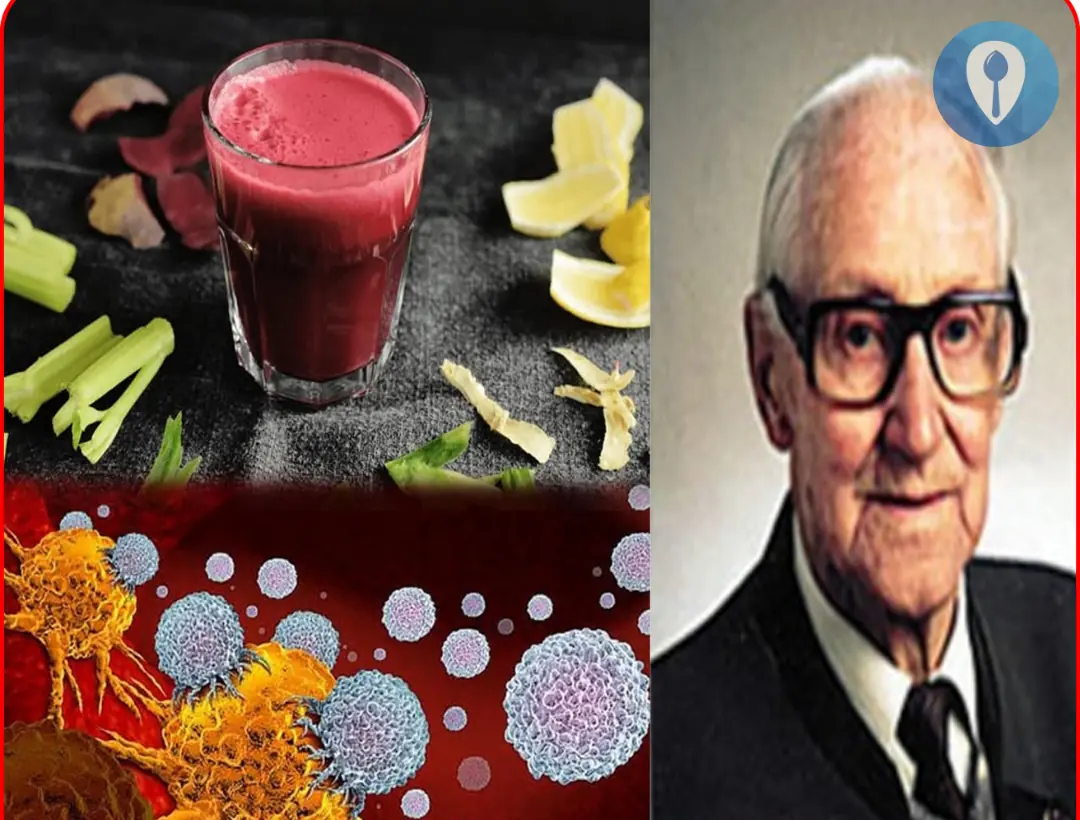
Ca.nc.er cells destroyed in 42 days with a glass of juice has been successful
News Post

Doctor Reveals the Horrifying Reason Why You Should Never Pee in the Shower

Health Expert Reveals 30-Second Hand Test That Could Uncover a Hidden Brain Condition

Woman Mistakes Back Pain for an ‘Injury’ — Later Diagnosed with Rare and Deadly Cancer

This One Common Habit May Raise Prostate Cancer Risk by 45%, Study Warns

COVID Outbreak Resurges Strongly — Here’s What You Need to Know

20 Cancer-Fighting Foods You Should Eat Regularly

Doctor Warns About Signs of Transient Brain Ischemia: Don’t Ignore These Subtle Symptoms
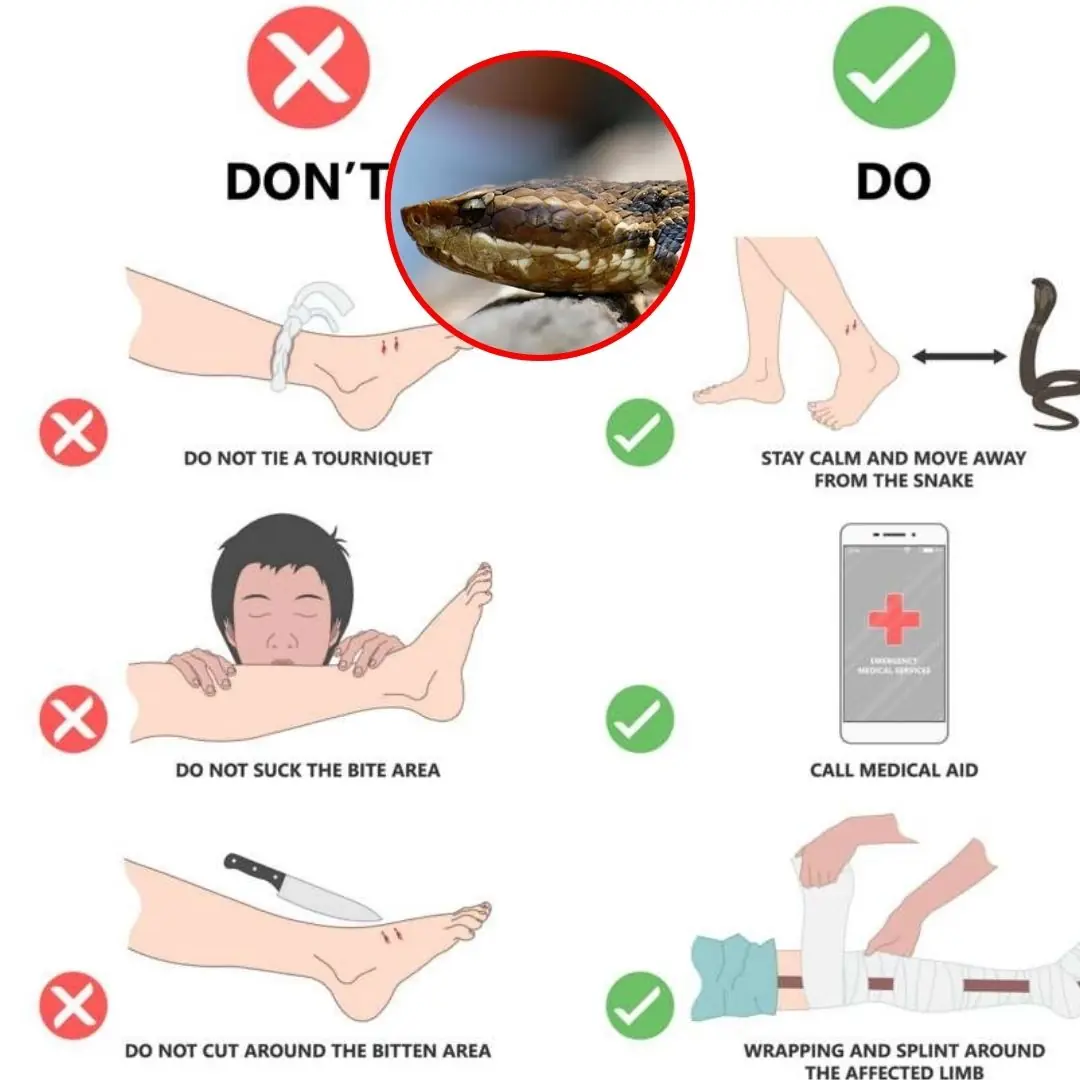
Emergency : Snake bite what to do and what not to do?

Don’t Throw Away Spoiled Fruits — Keeping Them Can Still Offer Many Benefits

Mix Toothpaste with This and Be Surprised: Old, Moldy Faucets Shine Like New After Just 5 Minutes of Light Cleaning

A Wild Vegetable Sweeter Than Mustard Greens, Free of Oxalic Acid, and Excellent for Cooling the Liver and Relieving Heat

The "National Dish" That's Incredibly Gentle But a "Nightmare" for People with Kidney Stones

If You See These 5 Types of Pork at the Market—No Matter How Fresh or Cheap They Look—Don’t Buy Them

Warning: A critical mistake when eating rice could be fatal!

When Buying Pork Blood Pudding, Smart Shoppers Only Need to Check These 3 Points to Instantly Tell If It’s Real or Fake

This “Highly Nutritious” Meat May Raise Heart Disease Risk by 26% — And Also Increase Cancer and Diabetes Risk

Waking Up With These 4 Morning Symptoms Could Mean can.cer Cells Are Silently Attacking Your Body

Is Moldy Food Still Edible If You Just Cut Off the Mold? Warning Signs Not Everyone Recognizes
